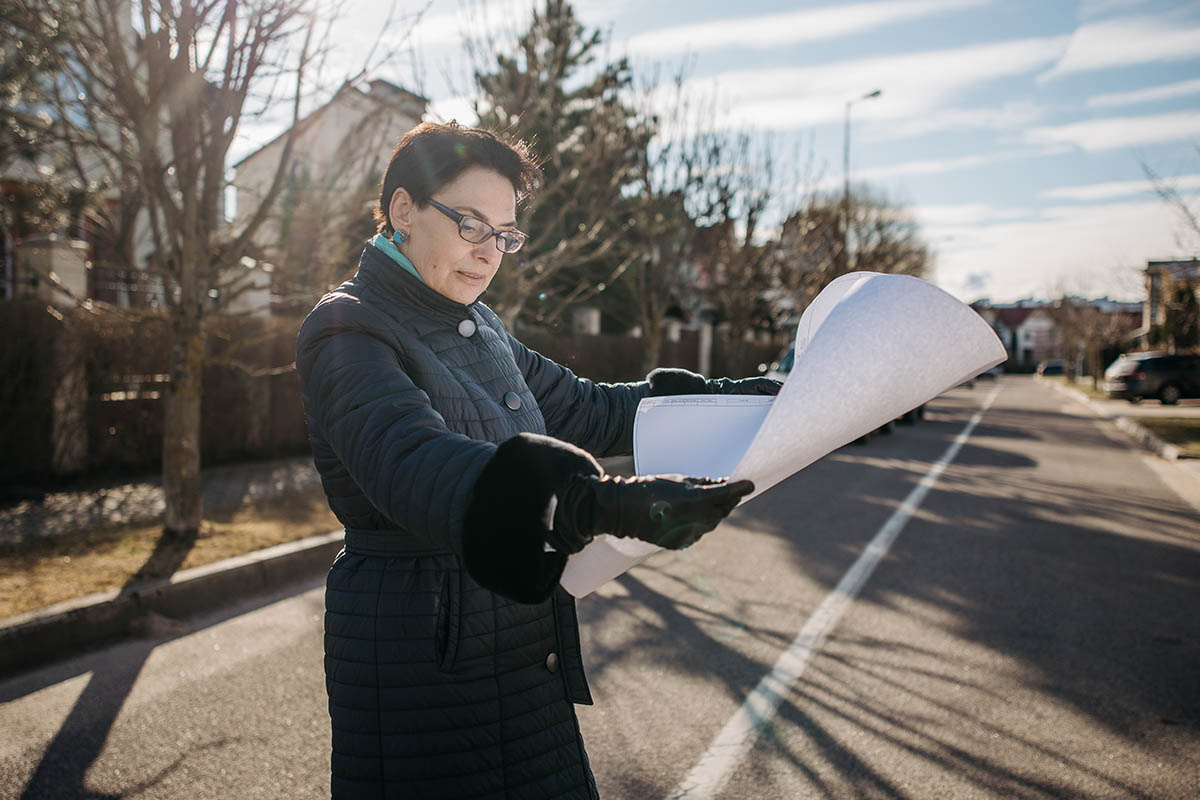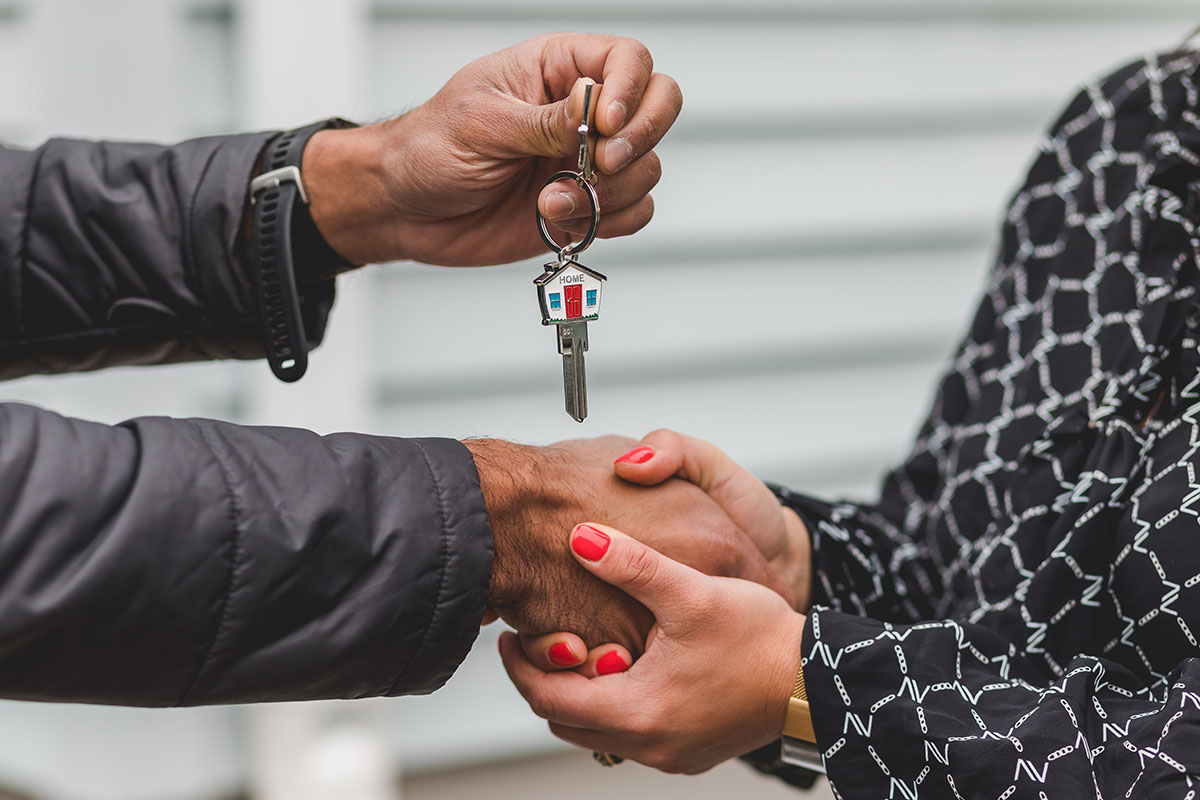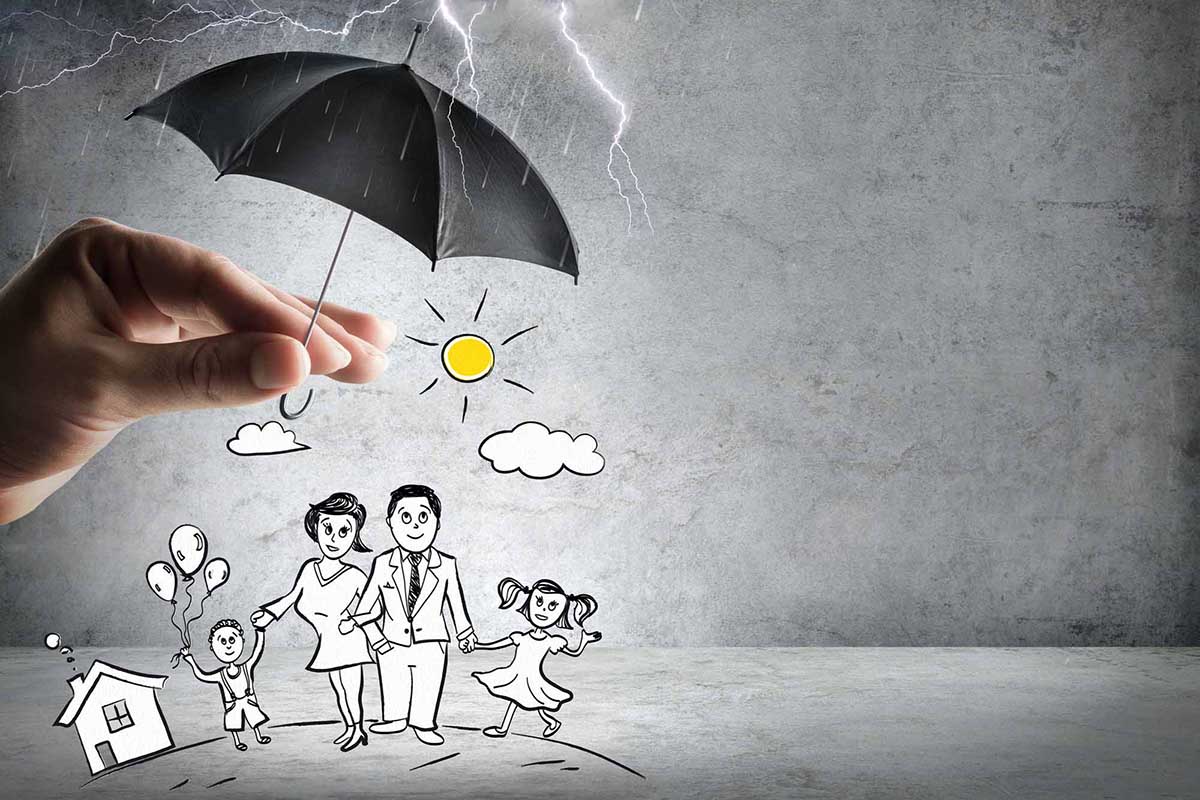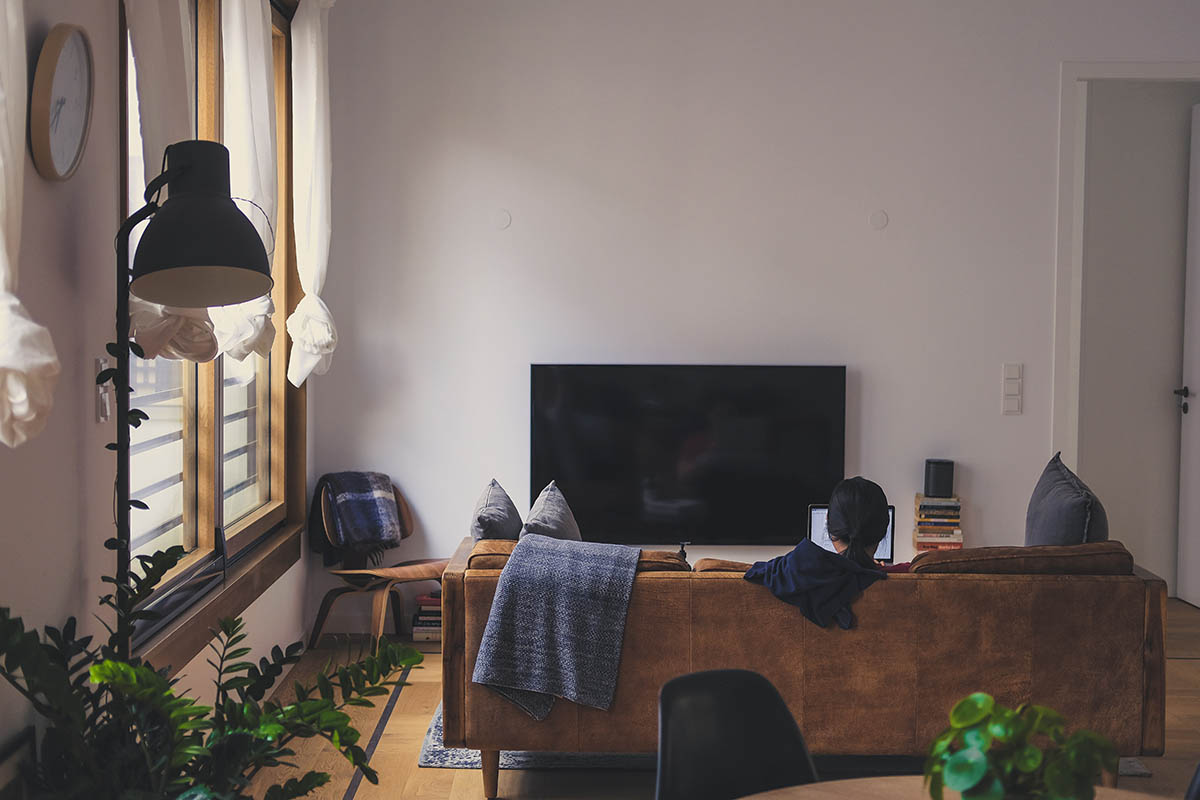Refinancing Your Way To Your First House: How Can It Be Done
Most people want to buy their own homes at some point in their lives. It’s a great way to build equity, and it can be a lot of fun too. If you’re like most people, though, you may not have the cash on hand to make a down payment. Thankfully, there are ways to get around that.
How to go about refinancing
If you already own a home, you can use the equity you’ve built up to help finance your purchase of a new home. This is done by refinancing your current mortgage. If you were wondering how to refinance to a 15 year loan, it’s a great way to lower your monthly payments and free up some cash for your down payment.
This will leave you with one monthly payment instead of two. There are a few things to keep in mind when refinancing your mortgage. First, the interest rate on your new loan will probably be higher than the interest rate on your old loan. This is because lenders consider refinancing a riskier proposition than taking out a new loan. Second, you may have to pay closing costs on the refinancing, which can add up to several thousand dollars.
Get a home equity loan
If you don’t own a home, or if you’re not yet ready to buy one, you can still get into the housing market by taking out a home equity loan. A home equity loan is a loan against the equity you’ve built up in your home. This money can be used for any purpose, including buying a new home.
The advantage of a home equity loan is that the interest rate is usually much lower than the interest rate on a credit card or other type of loan. The disadvantage is that you have to use your home as collateral. If you can’t make your payments, the lender can take your home away from you.
Get a mortgage with no down payment
If you don’t have the cash to make a down payment on a home, don’t despair. There are ways to get around that. One option is to get a mortgage with no down payment. This type of mortgage is available from many lenders, and it’s becoming increasingly popular.
The advantage of a no-down-payment mortgage is that you can buy a home without putting any money down. The disadvantage is that your monthly payments will be higher than they would be if you made a down payment. This is because the lender is taking on more risk by lending you the money for the full purchase price of the home, Another downside of a no-down-payment mortgage is that you’ll likely have to pay a higher interest rate. This is because the lender is taking on more risk by lending you the money.
Get a government-backed mortgage
If you don’t have the cash to make a down payment on a home, or if you want to buy a more expensive home than you can afford with a regular mortgage, you may want to consider getting a government-backed mortgage.
Government-backed mortgages are available from many lenders, and they come in several flavors. The most common type of government-backed mortgage is the FHA loan. This loan is backed by the Federal Housing Administration, which is part of the Department of Housing and Urban Development (HUD). The FHA loan has numerous advantages over a regular mortgage.
First, it requires a down payment as small as 3.5%. Second, the interest rate is usually lower than the interest rate on a regular mortgage. Third, the closing costs are typically lower than those on a regular mortgage. Fourth, the FHA loan is available to borrowers with a wide range of credit scores. This makes it a good option for people who don’t have perfect credit.
Get a mortgage with bad credit
If you have bad credit, you may think that you can’t get a mortgage. This is not necessarily true. There are many lenders who will offer mortgages to borrowers with bad credit. However, the interest rate on these mortgages will be much higher than the interest rate on a mortgage for borrowers with good credit.
Another option for borrowers with bad credit is a government-backed mortgage. Government-backed mortgages are available from many lenders, and they come in several flavors. The most common type of government-backed mortgage is the FHA loan. This loan is backed by the Federal Housing Administration, which is part of the Department of Housing and Urban Development (HUD).
Get a mortgage with no income verification
If you don’t have a job, or if you’re not currently working, you may think that you can’t get a mortgage. This is not necessarily true. There are many lenders who will offer mortgages to borrowers without proof of income. However, the interest rate on these mortgages will be much higher than the interest rate on a mortgage for borrowers with a steady income.
Another option for borrowers without proof of income is a government-backed mortgage. Government-backed mortgages are available from many lenders, and they come in several flavors. The most common type of government-backed mortgage is the FHA loan. This loan is backed by the Federal Housing Administration, which is part of the Department of Housing and Urban Development (HUD).
Get help from a housing counselor
If you’re having difficulty getting a mortgage, or if you’re not sure which type of mortgage is best for you, you may want to seek help from a housing counselor. Housing counselors are trained professionals who can help you find the right mortgage and navigate the home-buying process.
Housing counselors are available for free at most government agencies and nonprofit organizations. They can help you figure out how much you can afford to borrow, find a lender, and prepare for the mortgage interview. They can also help you understand the different types of mortgages available, and they can advise you on whether you should buy a home or rent one. If you’re thinking about buying a home, it’s a good idea to talk to a housing counselor first. They can help you make the best decision for your situation.
Refinancing your way to your first house can be a great way to get into homeownership. There are many types of mortgages available, and each one has its own advantages and disadvantages. If you’re not sure which type of mortgage is right for you, you may want to talk to a housing counselor.




















